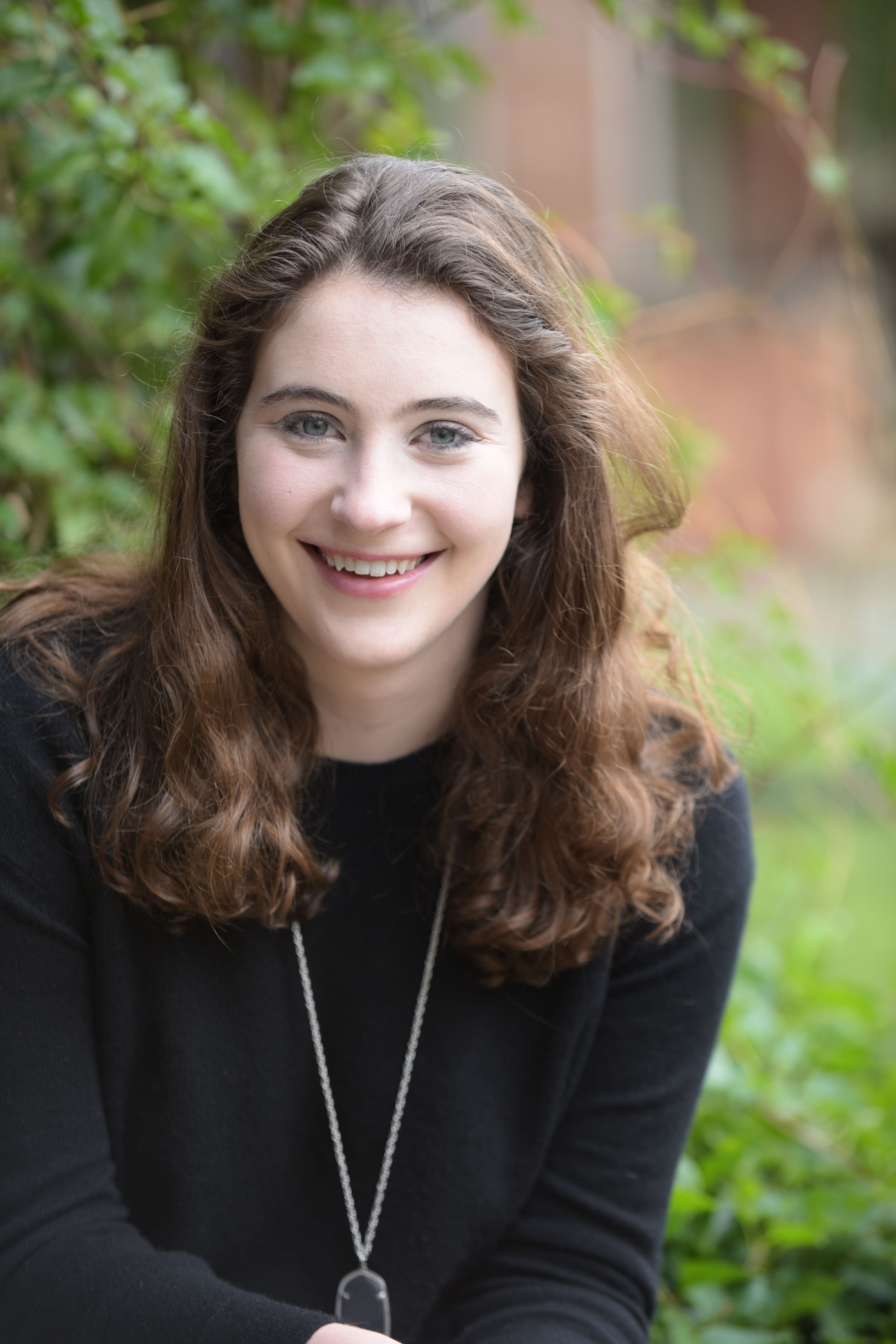2019 Workshop Organizers
- Alberto Barŕon-Cedeño, University of Bologna. a.barron[at]unibo.it
Chris Brew, Facebook. christopher.brew[at]gmail.com
Giovanni Da San Martino, Qatar Computing Research Institute. gmartino[at]qf.org.qa
Anna Feldman, Montclair State University. feldmana[at]montclair.edu
Chris Leberknight, Montclair State University. leberknightc[at]montclair.edu
Preslav Nakov, Qatar Computing Research Institute. pnakov[at]qf.org.qa
NLP4IF 2019 Workshop
NLP4IF is dedicated to NLP methods that potentially contribute (either positively or negatively) to the free flow of information on the Internet, or to our understanding of the issues that arise in this area. We hope that our workshop will have a transformative impact on society by getting closer to achieving Internet freedom in countries where accessing and sharing of information are strictly controlled by censorship.
NLP4IF will feature a shared task on propaganda detection in news. Participants of the shared task will be invited to present their approaches at the workshop. More information on the task website (https://propaganda.qcri.org/nlp4if-shared-task/) and in a follow up email.
The workshop is supported by the U.S. National Science Foundation, award No. #1828199
The topics of interest include (but are not limited) to the following:
We hope that our workshop will have a transformative impact on society by getting closer to achieving Internet freedom in countries where accessing and sharing of information are strictly controlled by censorship.
Schedule Detail
-
09:00-09:10
Opening Remarks Slides
-

09:30-09:50
Calls to Action on Social Media: Detection, Social Impact, and Censorship Potential Slides
-
10:10-10:30
Identifying Perspectives in Online News using Weakly Supervised Generative Models Slides
-

10:30-11:00
Coffee Break
-

11:20-11:40
Unraveling the Search Space of Abusive Language in Wikipedia with Dynamic Lexicon Slides
-

12:00-12:20
Divisive Language and Propaganda Detection using Multi-head Attention Transformers with Deep Learning Slides
-

12:40-14:00
Lunch Break
-

15:00-15:30
Coffee Break
-

15:30-17:00
Poster Presentations
Invited Talk - Elissa Redmiles
Biography
Elissa Redmiles is an Assistant Professor of Computer Science at Princeton University and a Visiting Researcher at Microsoft Research. Elissa’s research interests are broadly in the areas of security and privacy. She uses computational, economic, and social science methods to understand users’ security and privacy decision-making processes, specifically investigating inequalities that arise in these processes and mitigating those inequalities through the design of systems that facilitate safety equitably across users. Elissa received her Ph.D. in Computer Science from the University of Maryland in 2019, during which she was a visiting researcher at the Max Planck Institute for Software Systems and the University of Zurich. As a graduate student, she was the recipient of the NSF Graduate Research Fellowship, a Facebook Fellowship, and the National Defense Science and Engineering Graduate Fellowship (NDSEG). Her work has appeared in popular press publications such as Scientific American, Business Insider, Newsweek, and CNET and has been recognized with a Distinguished Paper Award at USENIX Security 2018 and the John Karat Usable Privacy and Security Research Award.
VENUE
Asia World Expo
Airport Expo Blvd, Chek Lap Kok, Hong Kong
The NLP4IF Workshop is held in conjunction Conference on Empirical Methods in Natural Language Processing and International Joint Conference on Natural Language Processing 2019 that will take place in Hong Kong. EMNLP-IJCNLP 2019 will be held at the Asia World Expo from November 3rd through the 7th 2019
Important Dates
First call for papers: May 10, 2019
Second call for papers: Jun 14, 2019
Submission deadline: August 19, 2019 (23:59 PM Pacific Standard Time)
Notification of acceptance: September 16, 2019
Camera-ready papers due: September 30, 2019 (+2w after notification)
Workshop: November 4, 2019
Program
Multiple submission policy: papers that are under review in another EMNLP-IJCNLP workshop at the time of submission will not be considered.
Submission page: Multiple submission policy: papers that are under review in another EMNLP-IJCNLP workshop at the time of submission will not be considered.
Submission page: https://www.softconf.com/emnlp2019/ws-NLP4IF
Formatting requirements: https://www.emnlp-ijcnlp2019.org/calls/papers#formatting-requirements

